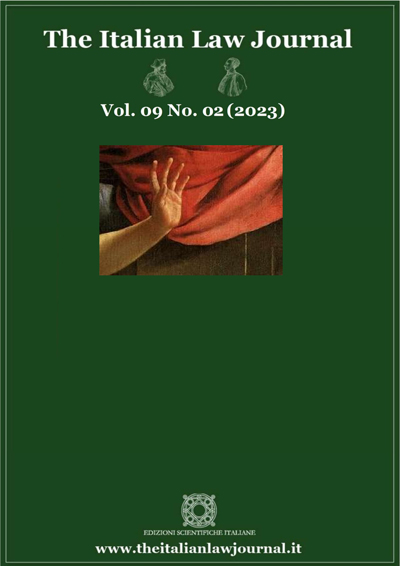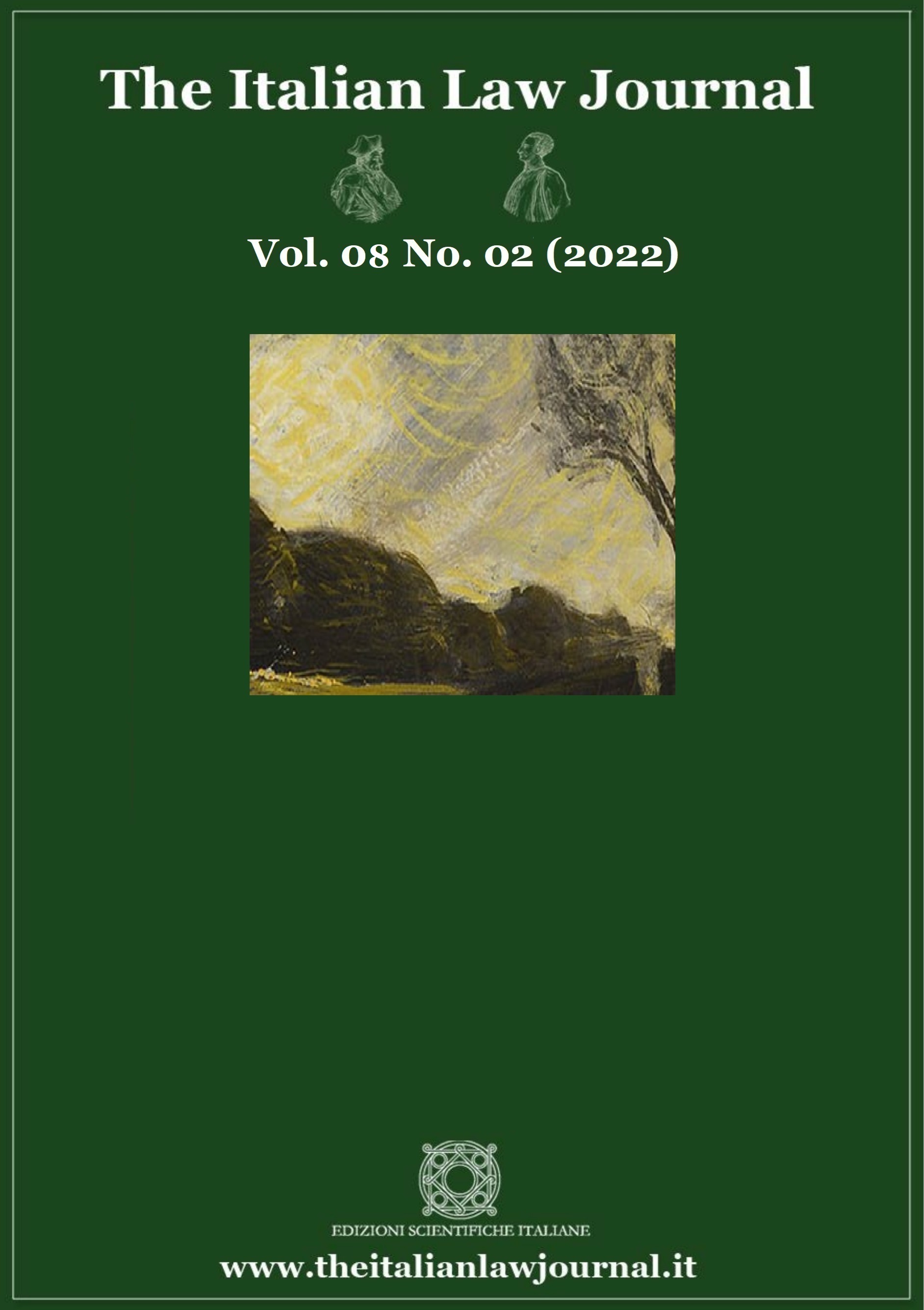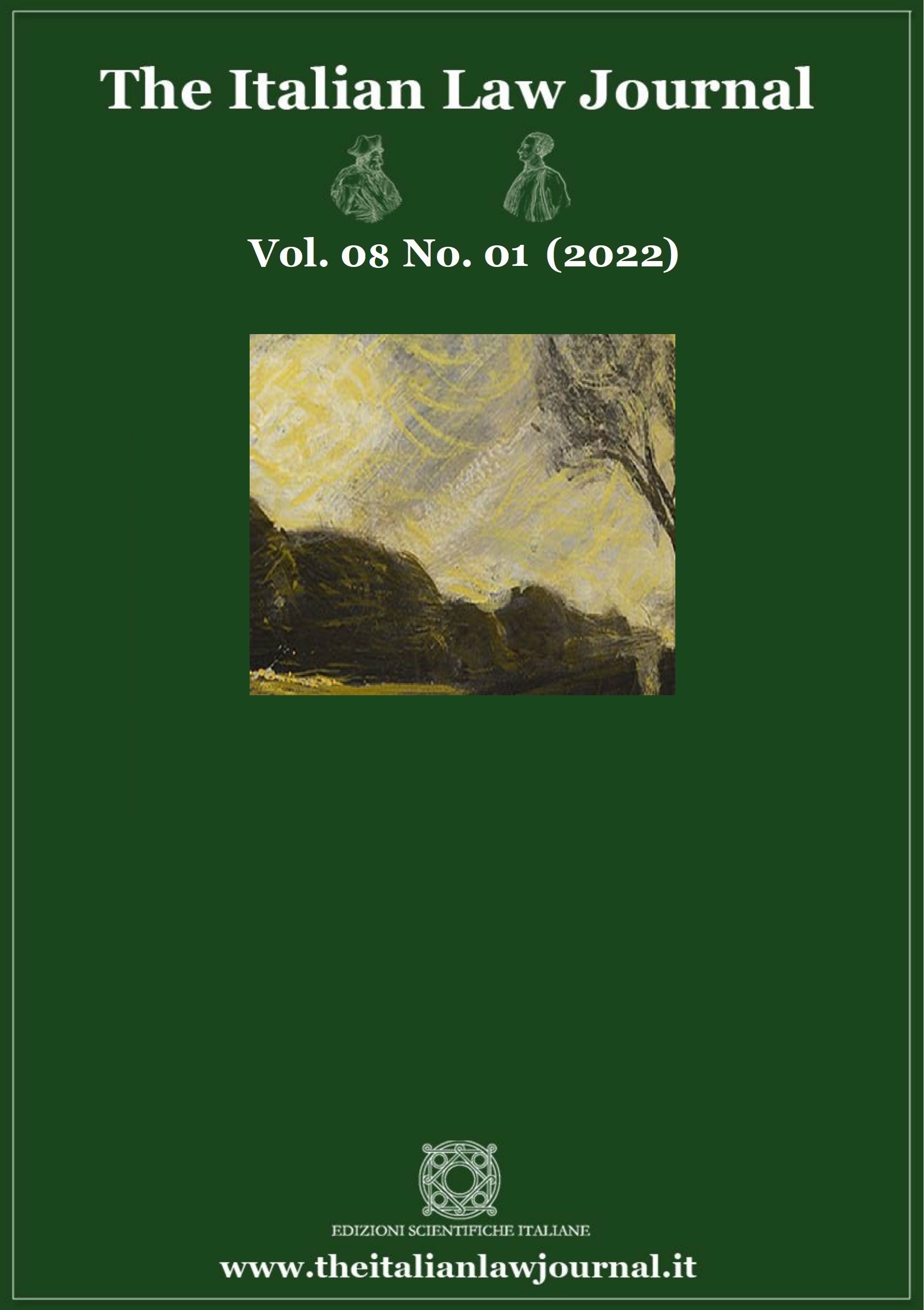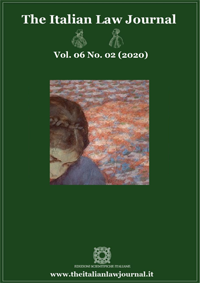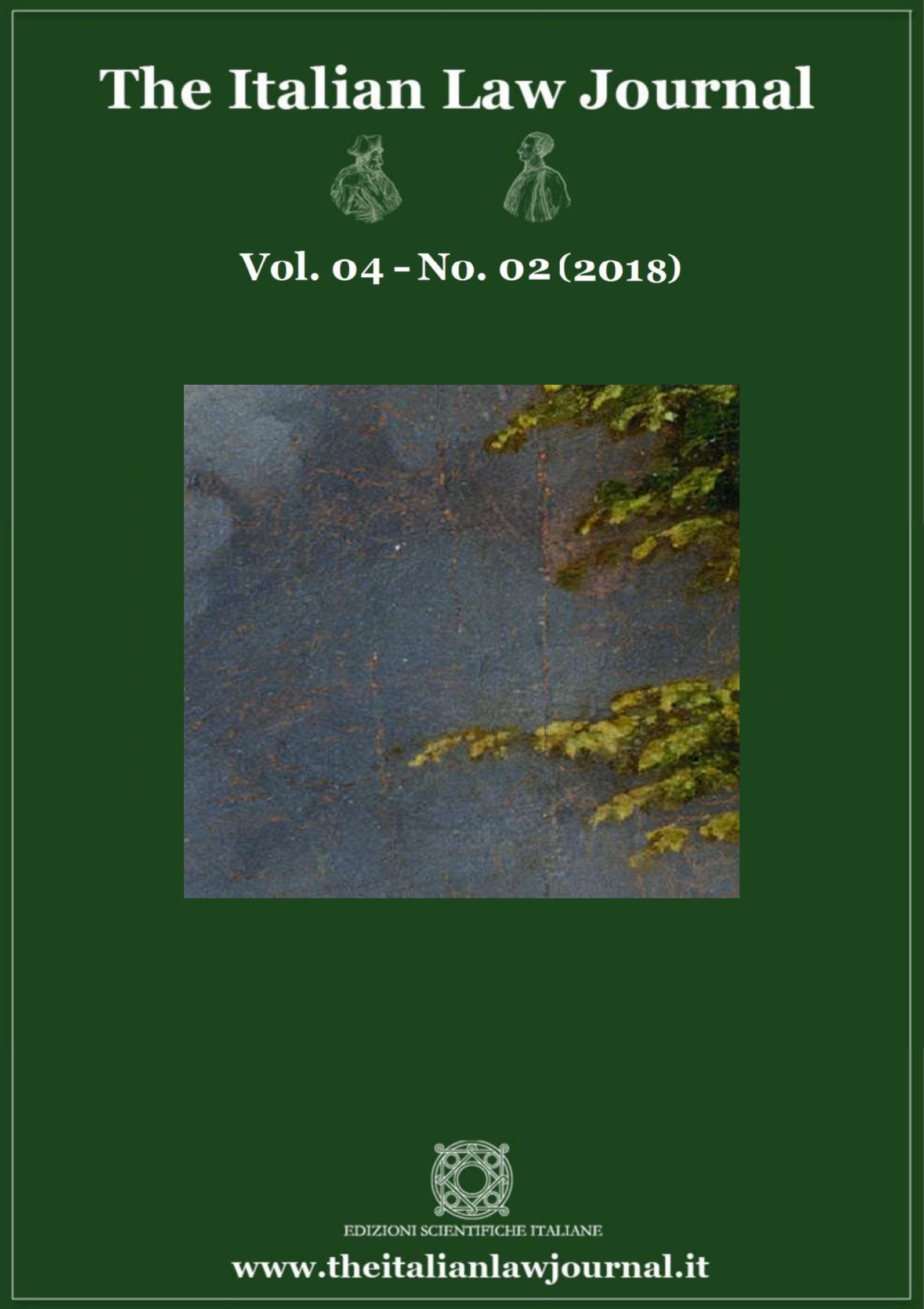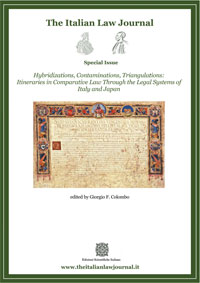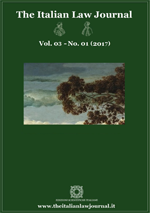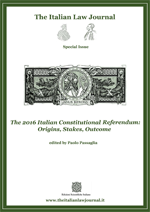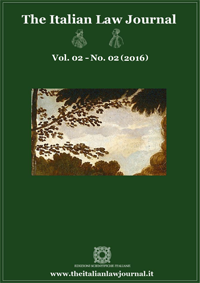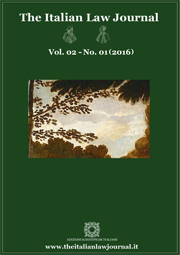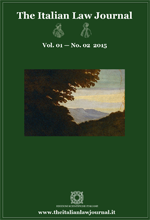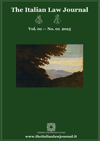8 THE ITALIAN LAW JOURNAL NO. 1 (2022)
Facets of Power: A Few Thoughts in Light of Marco Brigaglia’s Analysis of Foucault
by Corrado Roversi There is a common distinction in the socio-philosophical literature between two kinds of power: normative and causal. According to a widespread and still dominant conception – normativistic legal positivism – law has to do with normative powers, not causal ones. I will try to argue that this rigid distinction between domains seriously undermines the possibility of having a comprehensive account of what institutions are. The ontology of legal institutions is based on a complex intertwining between normative and causal aspects; hence, an artificial split between these aspects cannot but lead to a seriously limited understanding of how institutions operate in regulating social behavior. This I will show by reflecting upon what I take to be the most thorough, well-argued, and analytically deep treatment of the concept of power recently provided in Italian legal theory, namely, Marco Brigaglia’s analysis of Michel Foucault in his recent Potere: Una rilettura di Michel Foucault (2019). The conclusion of my argument is that Foucault’s conception of power – as analysed by Brigaglia – finds significant support from institutional ontology in showing that legal theory and legal science should broaden their focus when selecting relevant instances of power. But I will also show that jurists can teach social scientists to put up some boundaries by reflecting on the concept of intention and on the risk of hypostatizing it; otherwise, the concept of power risks becoming too vague and opening the door for all manner of conspiracy theories and fallacies concerning intention. DOI 10.23815/2421-2156.ITALJ ISSN 2421-2156








